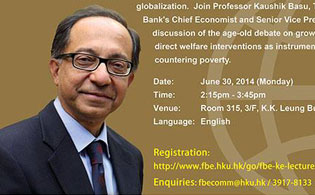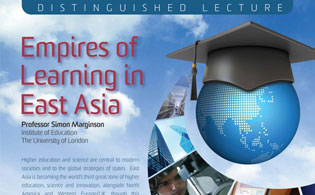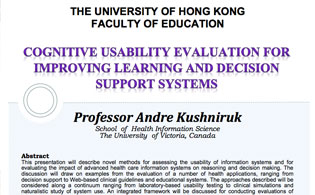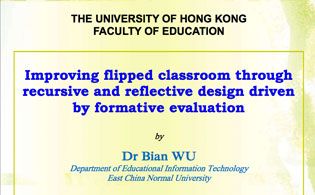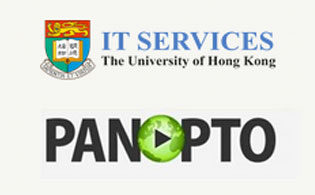Organized by Centre for the Enhancement of Teaching and Learning (CETL)
Time: 9:30am – 3:30pm
Venue: Multi-purpose Zone, 3/F, HKU Main Library

This one-day ‘Introduction to Teaching and Learning @ HKU’ programme is a foundation programme in teaching and learning at the University of Hong Kong and is designed for teaching staff, regardless of previous teaching experience, who are new to teaching at HKU. The overall aim is to provide new staff with a better understanding of specific issues relating to teaching and learning context in Hong Kong and at HKU. Staff will hear from leading Senior Academics in areas of strategic importance to the University.
During this programme, participants will be able to gain knowledge and to engage in discussions relating to issues relevant to teaching and learning at HKU. These will include the overview of the 4-year undergraduate curriculum reform delivered by Professor George Tham, Associate Vice-President of HKU, the demography and culture of HKU students, English as a medium of instruction, the common core curriculum, the role and nature of academic advising and about e-learning at HKU. Participants will also have the opportunity to talk in small groups to Outstanding Teaching Award (OTA) winners at HKU and learn about the diverse ways that have made HKU teaching more outcomes-based and how these have enhanced the learning effectiveness of their teaching.
Registration will close on 10th Sept (Wed) at 3:30pm.
For information on registration, please contact:
Ms. Ivy Lai, CETL
Phone: 3917 8996; Email: laichun2@hku.hk.


